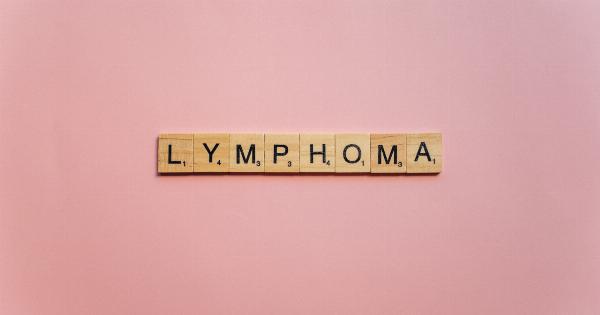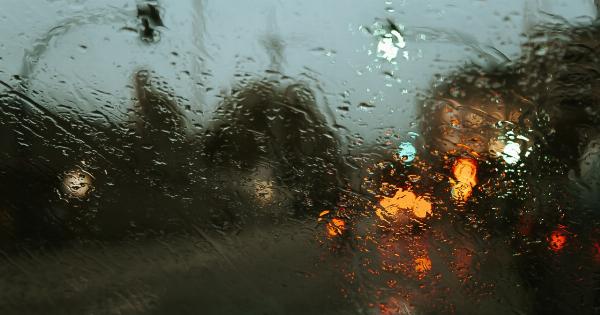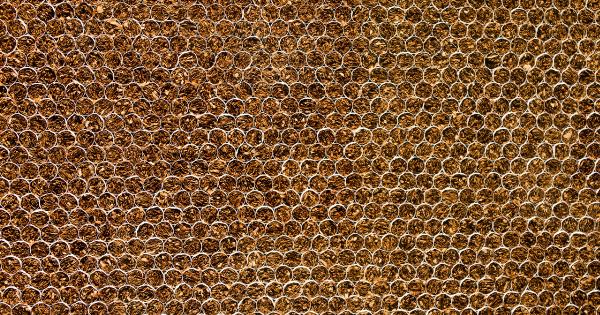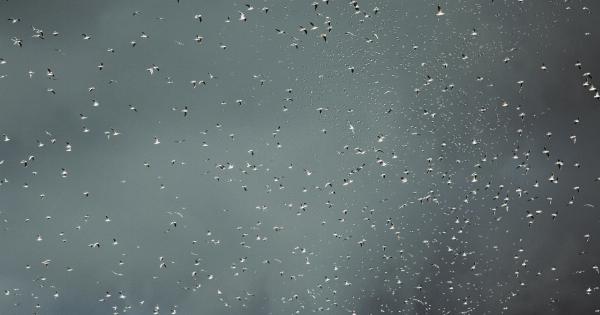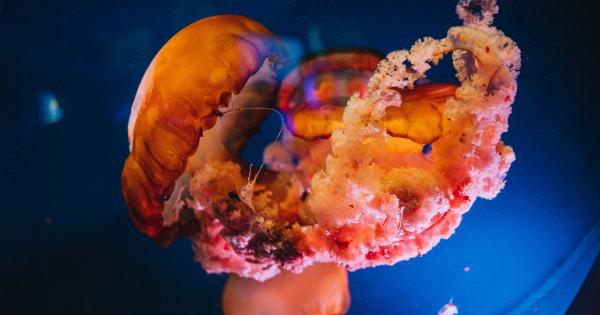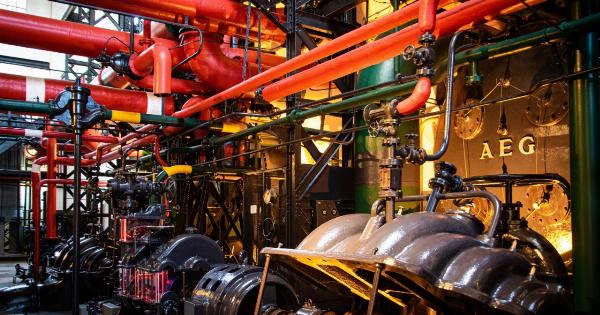Non-Hodgkin lymphoma (NHL) is a type of cancer that develops in the lymphatic system. This system is part of the body’s immune system and helps to fight infections. NHL is a group of cancers, and there are many different subtypes.
Some types of NHL are slow-growing, while others are fast-growing. NHL can develop in lymphocytes, which are a type of white blood cell.
Causes
It is not always clear what causes NHL. However, certain risk factors increase the likelihood of developing this type of cancer. These include:.
- Being over the age of 60
- HIV infection
- Autoimmune disease
- Exposure to certain chemicals, such as pesticides and herbicides
- Previous radiation therapy or chemotherapy
Symptoms
The symptoms of NHL can vary depending on the subtype. Common symptoms include:.
- Swollen lymph nodes, which may or may not be painful
- Fever
- Night sweats
- Unexplained weight loss
- Fatigue
- Shortness of breath
If you experience any of these symptoms, it is important to see a doctor as soon as possible. These symptoms can also be caused by other conditions, so it is important to get an accurate diagnosis.
Diagnosis
To diagnose NHL, a doctor will start by performing a physical exam and asking about your medical history. They may also order blood tests and imaging tests, such as a CT scan or PET scan.
The definitive diagnosis of NHL requires a biopsy of the affected lymph node or tissue. The biopsy sample is then examined under a microscope to determine the subtype of NHL.
Treatment
The treatment for NHL depends on the subtype, as well as the stage of the cancer and the patient’s overall health. Treatment options may include:.
- Chemotherapy
- Radiation therapy
- Immunotherapy
- Targeted therapy
- Stem cell transplant
- Watchful waiting (monitoring the cancer without treatment until it progresses)
Your doctor will work with you to determine the best treatment plan for your individual situation.
Prognosis
The prognosis for NHL varies depending on the subtype and stage of the cancer. Some types of NHL have a better prognosis than others. The overall 5-year survival rate for NHL is around 72%.
However, this varies significantly depending on the specific subtype.
Prevention
There is no surefire way to prevent NHL, but there are certain things you can do to reduce your risk:.
- Avoid exposure to pesticides and other chemicals
- Protect yourself from the sun
- Exercise regularly
- Eat a healthy diet
- Avoid smoking and excessive alcohol consumption
If you have a family history of NHL, talk to your doctor about ways to reduce your risk.





